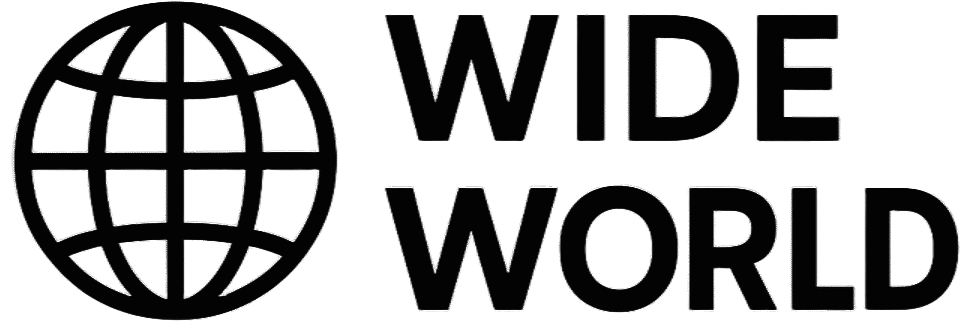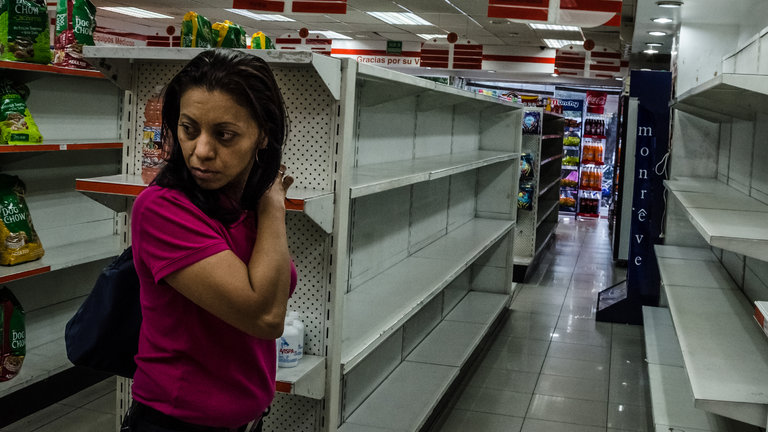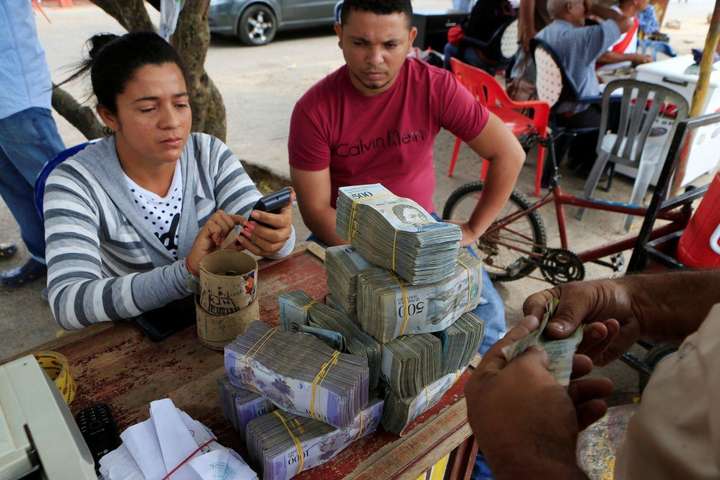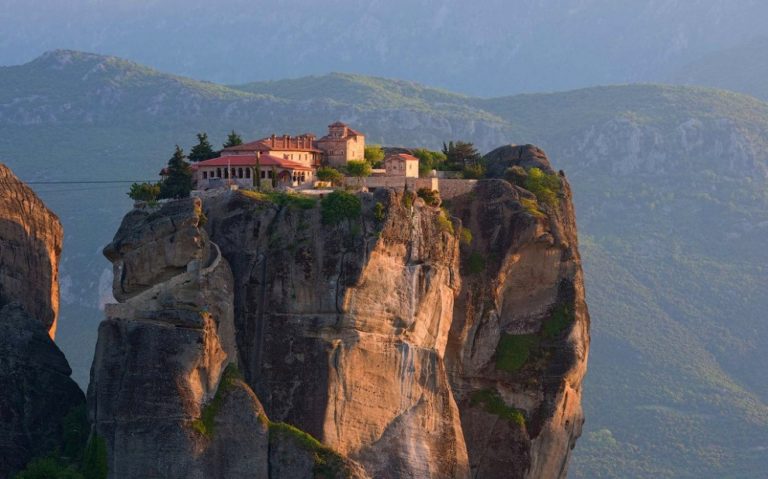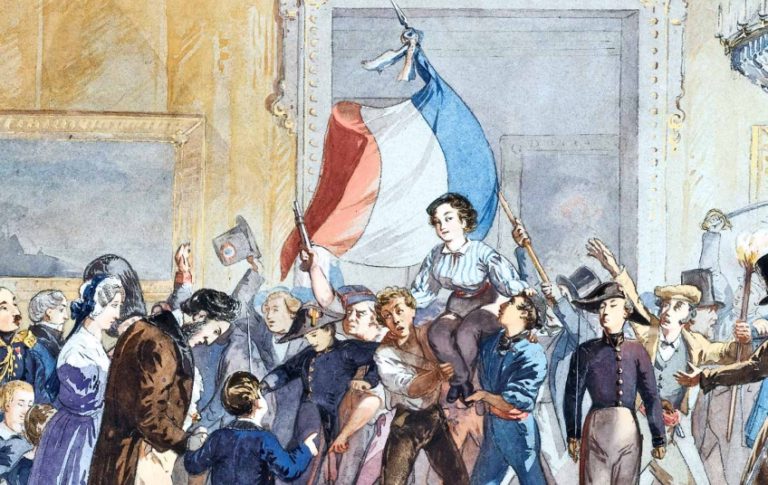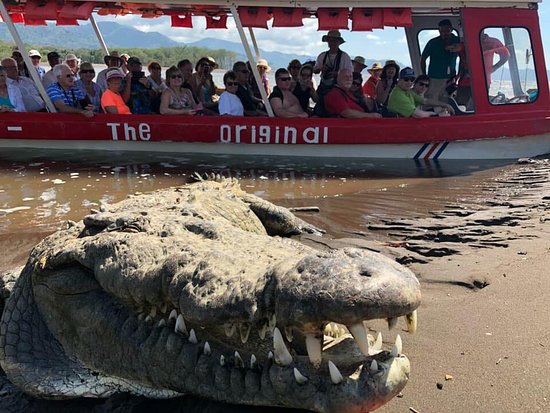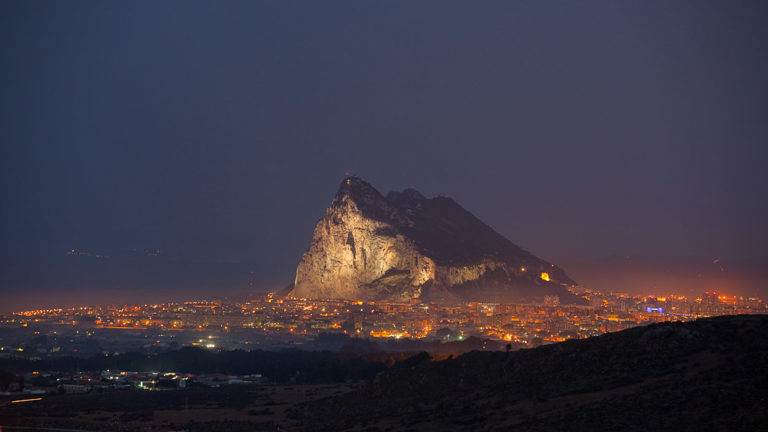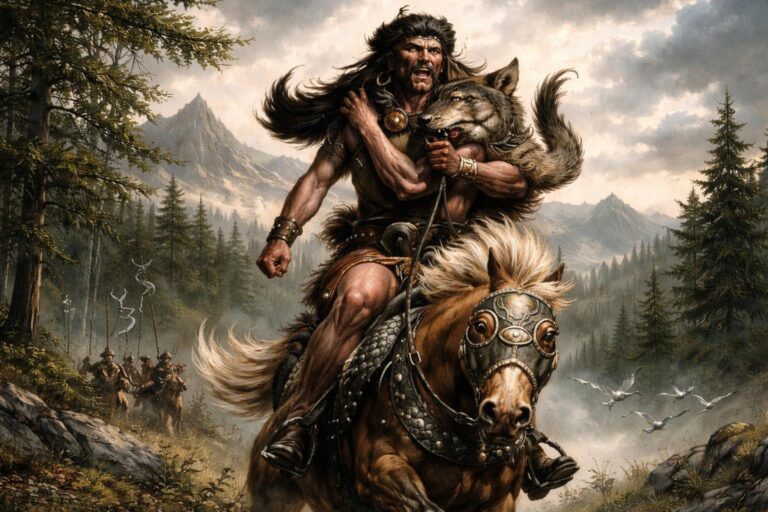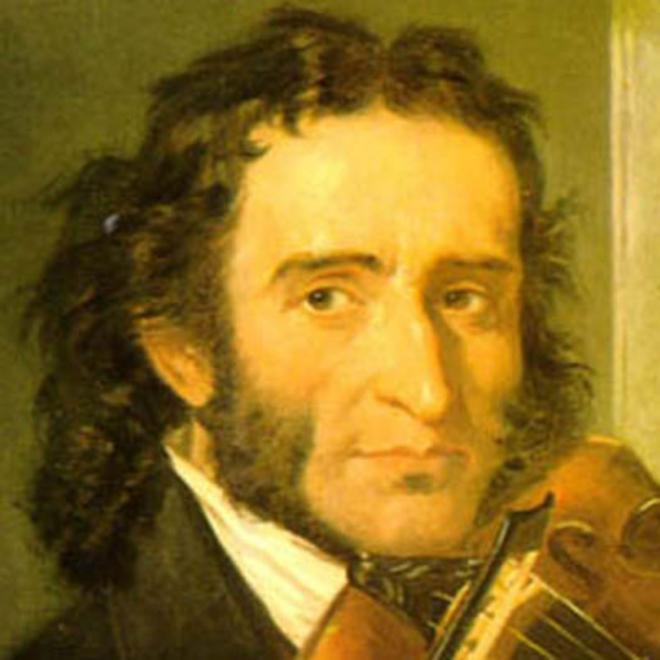Venezuela: A Nation of Beauty, Conflict, and Unfulfilled Promise
Venezuela — officially the Bolivarian Republic of Venezuela — is a land of stunning contrasts. It’s a country of tropical rainforests and peaceful highlands, a place with deep artistic traditions and people often celebrated as some of the most beautiful in the world. Yet behind its natural riches and cultural warmth lies a story of political turmoil, economic collapse, and human struggle.
While many remember Venezuela for Hugo Chávez and his Bolivarian Revolution, the reality of life for Venezuelans today tells a far darker story. What began as a promise of equality and prosperity has, over the past two decades, spiraled into one of the world’s most severe humanitarian and economic crises.
Here are fifteen stark realities that define life in modern Venezuela.
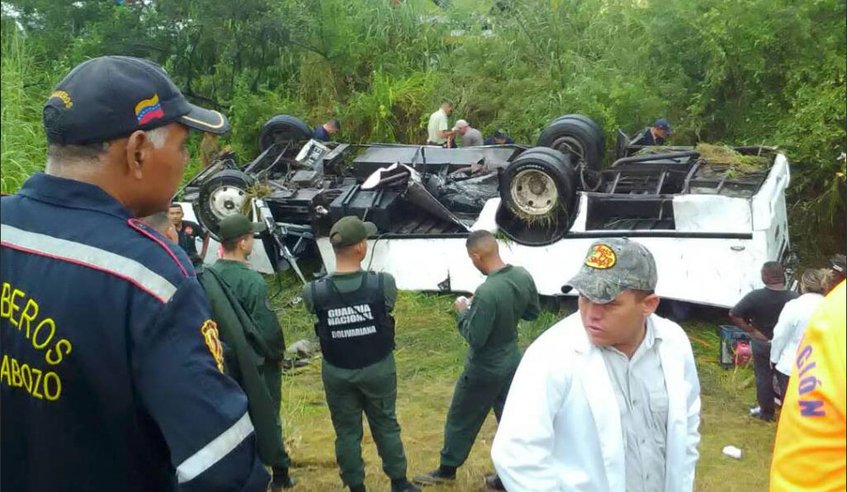
Dangerous Roads and Deadly Driving
Driving in Venezuela is a daily gamble. Nearly two-thirds of drivers don’t understand basic traffic rules, and three-quarters of citizens believe local authorities are powerless to enforce them.
Road accidents have become one of the country’s leading causes of death. Among people aged 15 to 29, car crashes are the second most common cause of fatality — and the leading cause among infants and preschool children. Today, Venezuela ranks among the three most dangerous places in the world to drive.
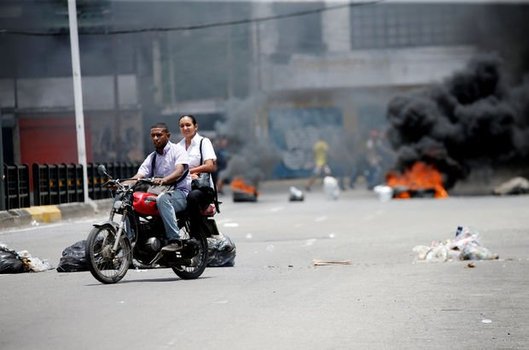
Motorcyclists at Risk
Owning a motorcycle in Venezuela is more a liability than a convenience. Spare parts are scarce, and deep poverty has fueled a surge in thefts and violent scams targeting riders. In Caracas alone, local motorcycle groups estimate that 17 riders were murdered in a single year during staged robberies designed to steal their bikes or parts. With little government data or accountability, many of these crimes simply vanish from record.
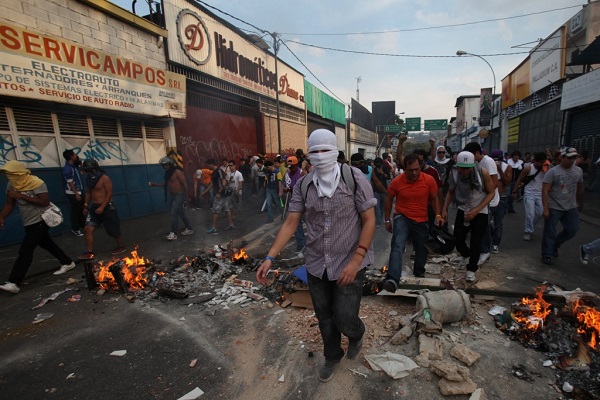
Streets of Unrest
Since the early 2000s, Venezuela has slid steadily into economic despair. The centralized control that defined Hugo Chávez’s presidency intensified under Nicolás Maduro, plunging the country deeper into crisis.
From 2014 onward, waves of protests erupted — from peaceful sit-ins to massive marches and street barricades. Government crackdowns were swift and brutal, with police authorized to use deadly force. Around 120 people lost their lives in these clashes, leaving deep scars on the nation’s collective psyche.
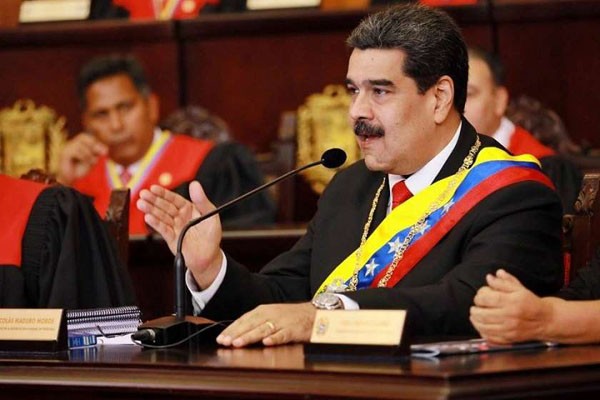
Mass Imprisonment and Brutal Prisons
Peaceful dissent in Venezuela often ends in prison. Under Maduro, hundreds have been jailed on false charges, swelling already overcrowded and chaotic prisons. With little training or oversight, guards have effectively ceded control to violent prison gangs.
Reports from Human Rights Watch reveal chilling details — including the discovery of a mass grave containing fifteen bodies, some decapitated, inside a state prison in Guárico. Many prisoners are subjected to torture, intimidation, or simply “disappear.”
Rationed Utilities and Public Health Crises
Shortages define daily life in Venezuela. Everyday items like diapers, powdered milk, rice, and soap are rationed — when available at all. Government price controls have only worsened scarcity.
Even electricity and clean water are rationed. With hygiene products nearly impossible to find, preventable diseases such as scabies, dysentery, malaria, and diarrhea have spread rapidly.
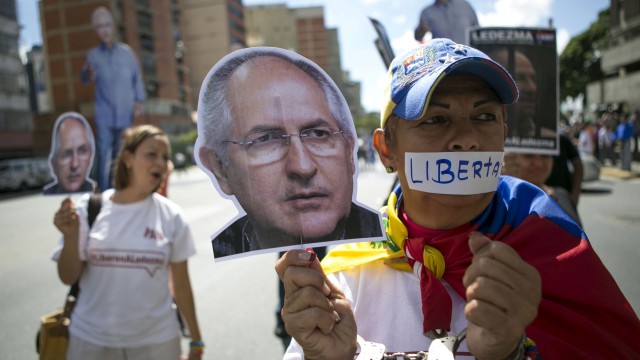
Silencing the Opposition
President Maduro has worked relentlessly to silence political opposition. Dissenters are labeled “fascists” or “foreign agents,” and many opposition leaders have been imprisoned or placed under indefinite house arrest.
Even high-profile figures like Caracas Mayor Antonio Ledezma and activist Leopoldo López were detained following international pressure campaigns. Under Maduro’s near-total control, constitutional rights in Venezuela have effectively vanished.
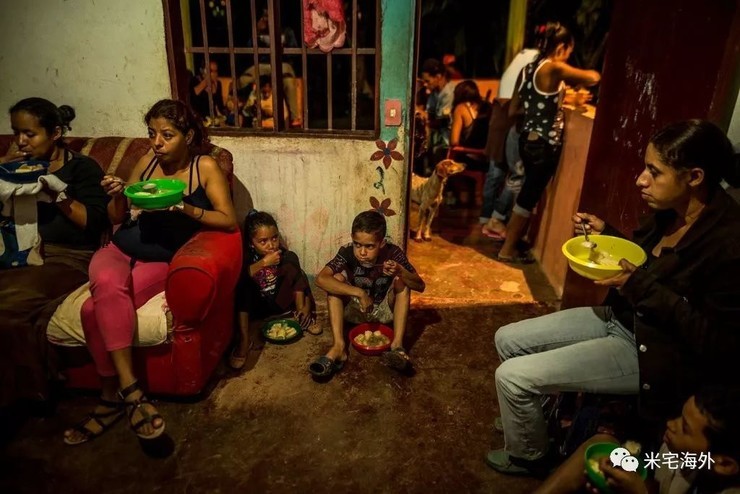
A Nation Going Hungry
While Venezuela’s elite live in comfort, most of the population struggles to eat. Maduro himself is reportedly among the world’s wealthiest heads of state, with a fortune estimated at $275 million — a cruel contrast to his starving citizens.
Roughly nine in ten Venezuelans cannot afford enough food, a result of government rationing, inflated prices, and trade restrictions. In one desperate episode, hungry citizens broke into a zoo to slaughter and eat a horse.

A Presidency Without Democracy
After overthrowing military rule in the 1950s, Venezuela once had a vibrant democracy. Today, that democracy is a memory. Nicolás Maduro has ruled by decree, bypassing the National Assembly and dissolving its powers altogether. His government operates more like an authoritarian regime than an elected one.
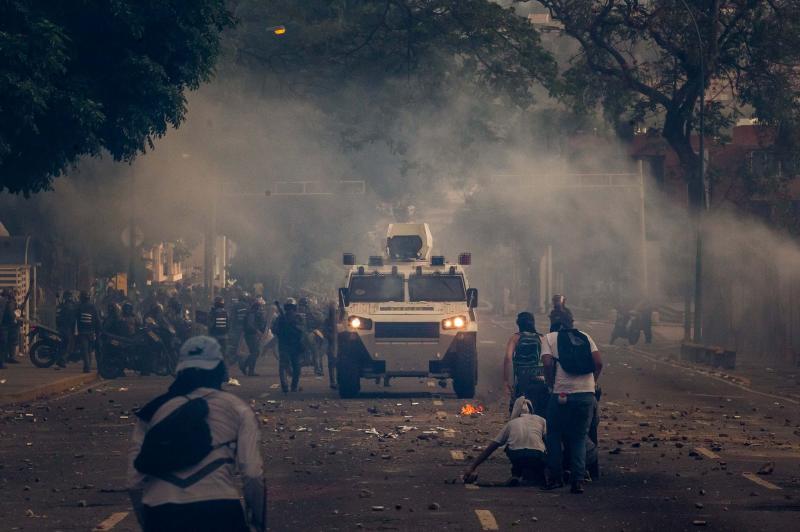
Life in Chaos
Venezuela, once the richest nation in South America, now teeters on the edge of anarchy. Violent crime — including robberies, kidnappings, and home invasions — is rampant. The government’s response has been bizarrely superficial: posting signs reminding citizens that it’s illegal to carry weapons or smoke in public, as though paper warnings could stop lawlessness.
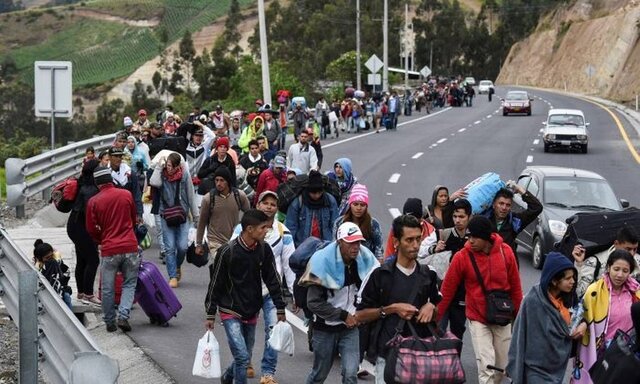
The Migration Crisis
As hunger and insecurity worsen, millions of Venezuelans have fled — many on foot — to neighboring Colombia, Brazil, or across the Caribbean.
More than 1.5 million Venezuelans are now refugees, seeking safety and stability abroad. Even struggling neighbors like Colombia and Brazil appear prosperous by comparison.

Total Government Control
Freedom in Venezuela exists mostly in name. The state can seize private property at will, and government-imposed wage and price controls have devastated what’s left of the economy.
Unable to survive on official salaries, many citizens rely on smuggling and black-market trade to make ends meet.
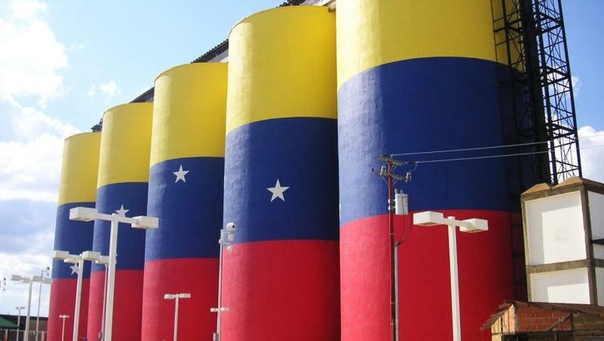
Oil Wealth, Economic Collapse
Ironically, Venezuela holds the largest proven oil reserves in the world. Yet decades of nationalization and mismanagement have crippled production and scared off investors.
Gasoline remains absurdly cheap, but that means little when most citizens can’t afford — or safely keep — a car.
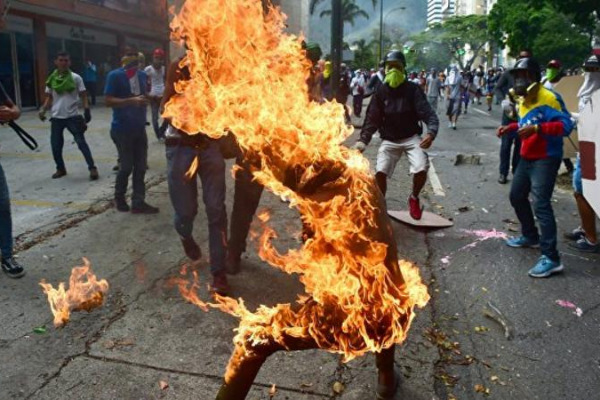
The World’s Highest Murder Rate
The human toll is staggering. Venezuela’s homicide rate stands around 90–92 per 100,000 people, peaking at 119 in Caracas — one of the highest rates globally.
Government reports claim 18,000 murders in 2015, while independent groups estimate closer to 28,000. That’s roughly half the population of Liechtenstein killed each year — a number the government continues to deny.
Hyperinflation Beyond Imagination
Venezuela’s economy is a textbook example of hyperinflation. Prices shift almost daily, and the national currency, the bolívar, has become nearly worthless. Some economists estimate inflation rates of over 2,000%.
Incredibly, virtual gold in the video game World of Warcraft is now worth more than Venezuela’s official currency.
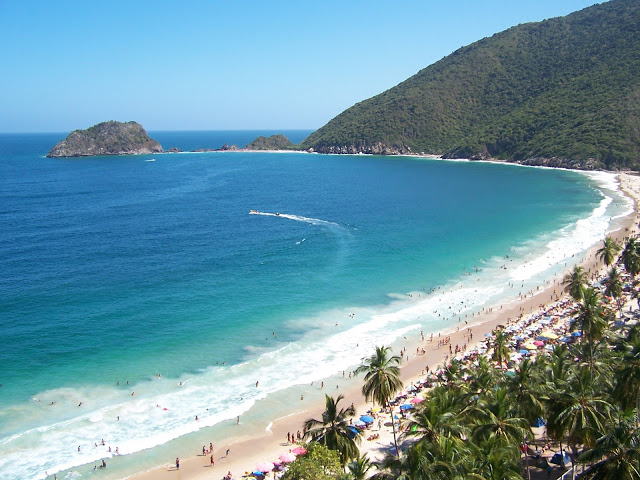
A Land of Endless Potential
Despite the crisis, Venezuela remains a country of breathtaking potential. Its soil is fertile, its ecosystems rich, and its mineral wealth immense — from gold and bauxite to iron and diamonds. With vast tropical landscapes, unspoiled beaches, and unmatched biodiversity, Venezuela could be a paradise for agriculture, tourism, and sustainable development.
If political freedom and economic reform ever return, the Bolivarian Republic could once again become a beacon of prosperity in South America — a reminder that even in the darkest times, a nation’s natural beauty and spirit can still endure.
